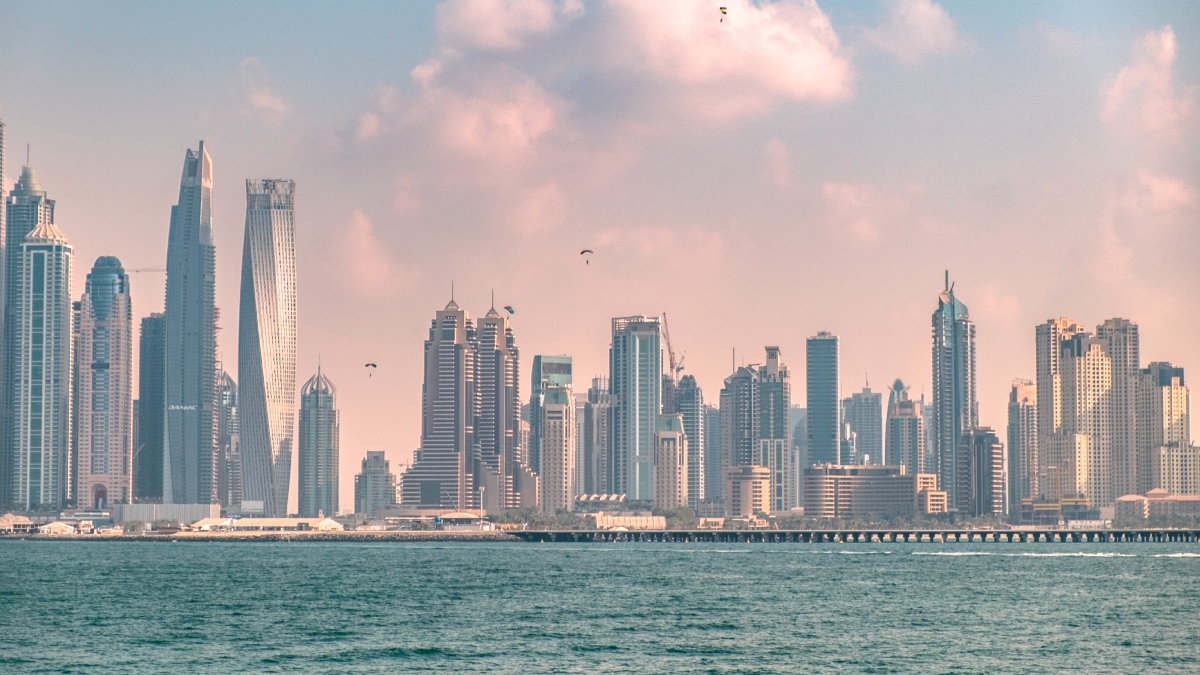Dubai Municipality (DM) has announced ambitious plans for Dubai to achieve 100% water reuse by 2030, as part of the emirate’s water reclamation programme.
In an effort to strengthen its green economy vision, Dubai intends to reduce the consumption of desalinated water and associated power by 30%. At present, the emirate already reuses 90% of its water, resulting in annual savings of over Dh2 billion.
Dawoud Al Hajri, Director General of DM, emphasized the importance of water conservation to Dubai’s future. “The recycling of water resources is central to Dubai Municipality’s strategy to transform the emirate into a hub for the green economy,” he stated.
Recycling water benefits not only by conserving crucial groundwater but also by cutting down on the energy used for desalination, consequently lowering greenhouse gas emissions.
As Al Hajri remarked, “Dubai is committed to becoming one of the world’s most sustainable cities. This involves raising water reuse rates and lessening our dependence on both desalination and groundwater.”
How Dubai utilizes recycled water
Dubai’s current use of reclaimed water primarily focuses on irrigating green spaces and landscaping, covering nearly 2,400 kilometres of the city. This includes public gardens, green areas, and landscaping within property developments. Every month, around 22 million cubic metres of this reclaimed water is dedicated to irrigation.
Moreover, recycled water has broader applications: from central cooling to firefighting. In 2022, Dubai saved approximately Dh7.1 million by using over 6 million cubic metres of reclaimed water for central cooling stations. This practice not only decreases costs but also reduces power usage and carbon emissions.
Furthermore, reclaimed water serves in sewage treatment plant operations and as a more environmentally friendly option for firefighting compared to desalinated water.
Dubai’s five-decade legacy in water reclamation
The emirate’s journey into water reclamation began in 1969 with the establishment of the first wastewater treatment facility in Al Khawaneej. As Dubai expanded, the need for wastewater treatment grew exponentially.
In 1981, a subsequent plant was inaugurated in Warsan, followed by the Jebel Ali plant in 2006, expanding the city’s daily recycling capacity to about 560,000 cubic metres. To visualize, that’s over 22 Olympic-sized swimming pools filled every day. Both plants have since undergone upgrades to bolster the city’s wastewater treatment capabilities.
From 1980 to 2022, Dubai produced a staggering 4.5 billion cubic metres of reclaimed water. Looking ahead, the emirate sets its sights on doubling its output to more than 8 billion cubic metres by 2030.






